Filter by
The language used throughout the course, in both instruction and assessments.
926 results for "sql"
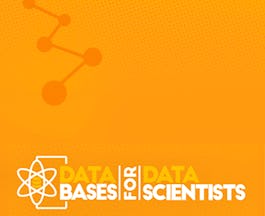
University of Colorado Boulder
Skills you'll gain: Databases, Data Management, SQL, Database Design, Database Administration, Data Model, Database Theory, PostgreSQL, Critical Thinking, Database Application, Problem Solving, Data Analysis, Data Structures, Big Data, NoSQL, Supply Chain and Logistics, Data Science, Data Warehousing

Skills you'll gain: Business Intelligence, Data Analysis, Data Management, Data Model, Data Visualization, Extract, Transform, Load, Leadership and Management, Strategy, Tableau Software

University of California, Davis
Skills you'll gain: Data Analysis, Data Management, Databases, Exploratory Data Analysis, SQL, Data Model, Problem Solving, Business Analysis, Customer Analysis, Extract, Transform, Load, Statistical Tests
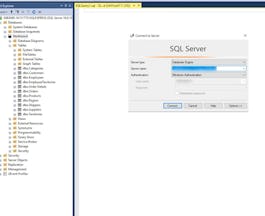
Coursera Project Network
Skills you'll gain: Leadership and Management, SQL
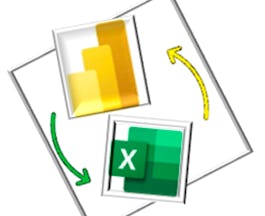 Status: Free
Status: FreeKnowledge Accelerators
Skills you'll gain: Data Analysis, Data Model, Data Visualization, Microsoft Excel, Power BI
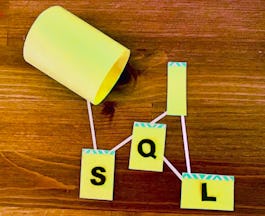
Coursera Project Network
Skills you'll gain: Database Administration, Databases, SQL, Data Science

Skills you'll gain: Communication, Computer Programming, Data Analysis, Data Visualization, Exploratory Data Analysis, General Statistics, Machine Learning, Planning, Probability Distribution, Project Management, Python Programming, Regression, Statistical Analysis, Tableau Software
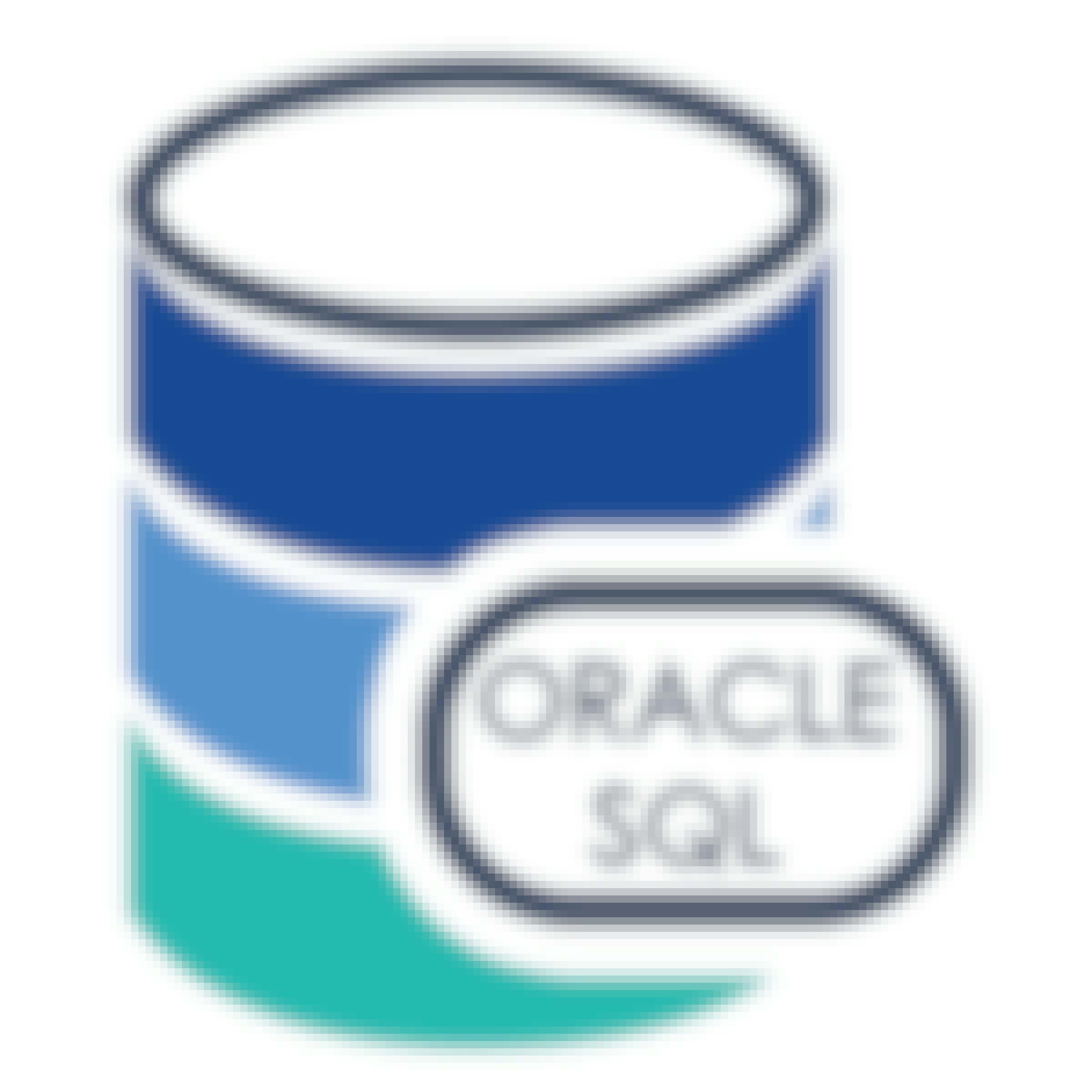
LearnQuest
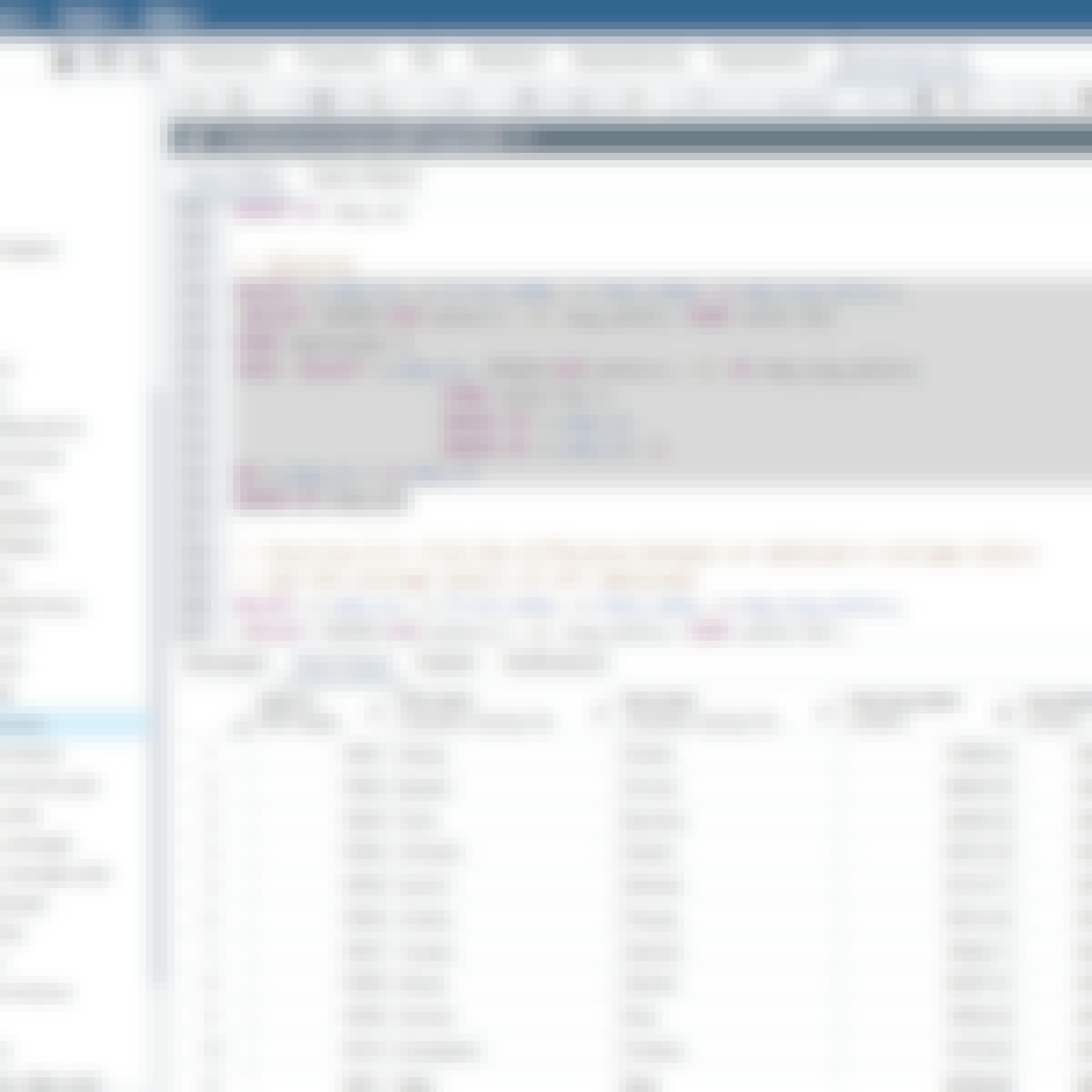
Coursera Project Network
Skills you'll gain: PostgreSQL, SQL
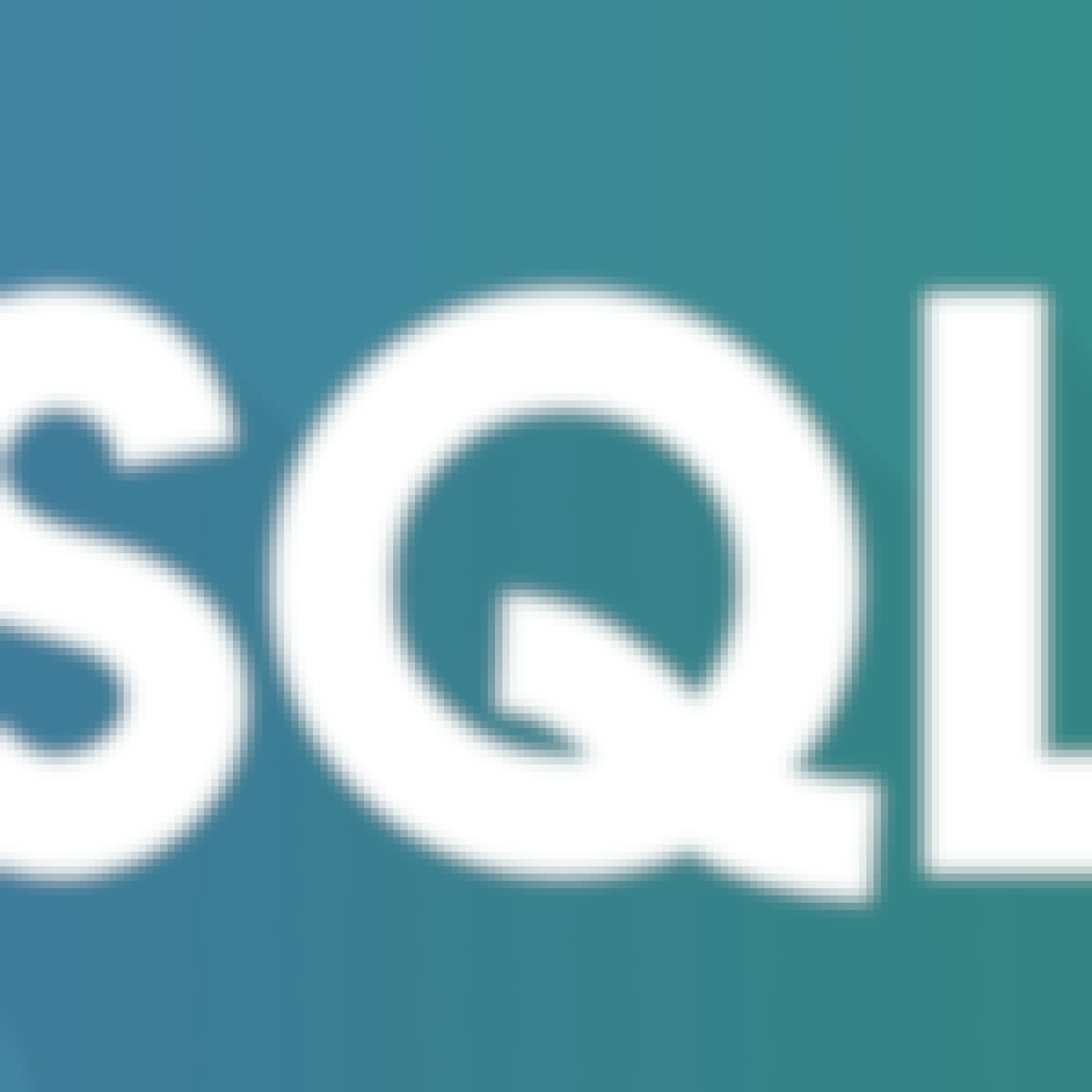
Coursera Project Network
Skills you'll gain: PostgreSQL, SQL

Coursera Project Network
Skills you'll gain: SQL

Coursera Project Network
Skills you'll gain: Databases, SQL
In summary, here are 10 of our most popular sql courses
- Databases for Data Scientists: University of Colorado Boulder
- Google Business Intelligence: Google
- Data Wrangling, Analysis and AB Testing with SQL: University of California, Davis
- SQL for Beginners: Querying Data: Coursera Project Network
- From Excel to Power BI: Knowledge Accelerators
- Intermediate Relational Database and SQL: Coursera Project Network
- Google Advanced Data Analytics: Google
- Oracle SQL Practice Course: LearnQuest
- Working with Subqueries in SQL: Coursera Project Network
- Introducción a las bases de datos relacionales y SQL: Coursera Project Network










